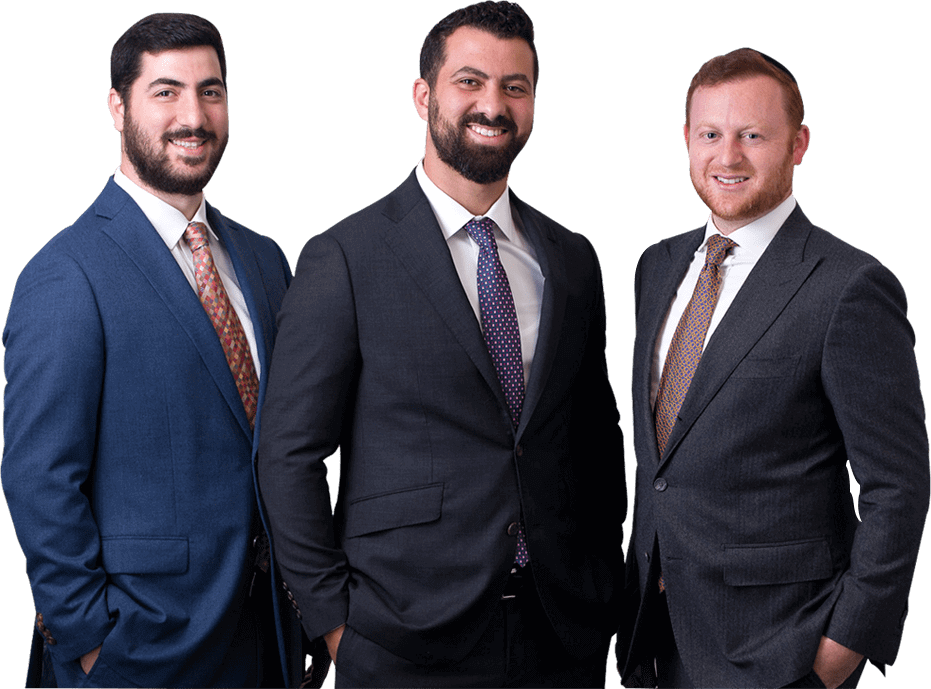Religious Discrimination
Abramson Labor Group – Religious Discrimination
There are six widely recognized religions (Buddhism, Christianity, Judaism, Islam, Hinduism, and Sikhism). There are several others that aren’t as well known. All are protected by the Civil Rights Act of 1964. Regardless of your religion, these laws protect you from discrimination based on your religious beliefs.
Title VII of the Civil Rights Act of 1964 protects you from being discriminated against in the workplace. As religious discrimination is illegal under federal law, there is a specific government agency responsible for enforcing Title VII rules. The Equal Employment Opportunity Commission (EEOC) handles all religious discrimination complaints.
Reasonable Accommodations Must Be Made
Through Title VII, employees are protected against several things. Reasonable accommodations must be made to employees who have specific things to do in order to best practice their faith. For example, if an employee is required to pray five times per day, the company needs to give that worker the time away to do so. If it’s required that the prayer be done in a private area where there is room for a prayer mat, that’s another accommodation the company should make. As long as it is not financially challenging to meet that worker’s demands, the employer must do all they can to accommodate the worker’s needs.
The employer does have the right to evaluate that you meet the terms of Title VII regarding that the religious beliefs are “sincerely held.” You don’t have to follow the exact rules and commandments of your religion, but the company can ask you questions to ensure your request is legitimate.
Examples of Religious Discrimination
Religious discrimination can occur in several ways. If an employee is harassed by co-workers, management, customers, or vendors because of his/her beliefs, it constitutes harassment. If that harassment makes it difficult for the employee to do his or her job and creates a hostile work environment for an extended period of time, there are grounds for a religious discrimination complaint.
Another area where religious discrimination comes in involves religious dress. If your religion as a woman requires you to keep your face and head covered, your employee cannot demand you remove it. If your religion requires you to wear a hat, your boss cannot demand you take off your hat inside the building. It’s important to understand that the religious garb must be worn for religious reasons. If you’re wearing it to look fashionable, you’re not protected by Title VII. If the company has a uniform, the worker should be allowed to wear the traditional garb in a color that matches the company uniform, providing that doesn’t cause financial hardship.
Your employer cannot use your religion as a reason to choose you over someone else when it comes to layoffs. Your religion cannot be used to keep you from getting promotions or raises. Your religious beliefs cannot be used to keep you from training programs or recruitment. Title VII protections extend to your spouse as well. If your boss disagrees with your significant other’s religion, that cannot be used against you either. An employer also cannot:
- Refuse to hire you because of your religion (unless the job is with a religious organization and you’re not of that religion).
- Refuse you certain benefits due to your religious beliefs.
- Refuse to allow you to adjust workplace training to accommodate your religious beliefs.
- Force you to agree to rules of conduct or employee contract terms that go against your religion.
- Force you do perform job duties that go against your religion.
- Pull you off certain customer accounts or have you work in a certain area of the building due to your religious beliefs.
- Demote you or move you to a different job to prevent customers from seeing your religious dress.
Retaliation
If you do talk to human resources, management, or the EEOC about being discriminated or harassed due to your religion, your co-workers or higher-ups cannot retaliate against you. Retaliation protections also cover anyone who is called to testify or give an account of religious discrimination they witnessed against someone else.
Get the Answers You Need
If you suspect you’re being harassed or discriminated due to your religious beliefs, talk to an attorney who specializes in employment law. Abramson Labor Group helps you understand religious discrimination laws and advocate for you. Talk to one of the knowledgeable attorneys to get real answers and know what steps to take. Don’t quit your job to avoid stress. Let the attorneys at Abramson Labor Group be your fierce advocates and fight for justice. Contact us today for a free consultation.
Religious Discrimination
Error: Contact form not found.
